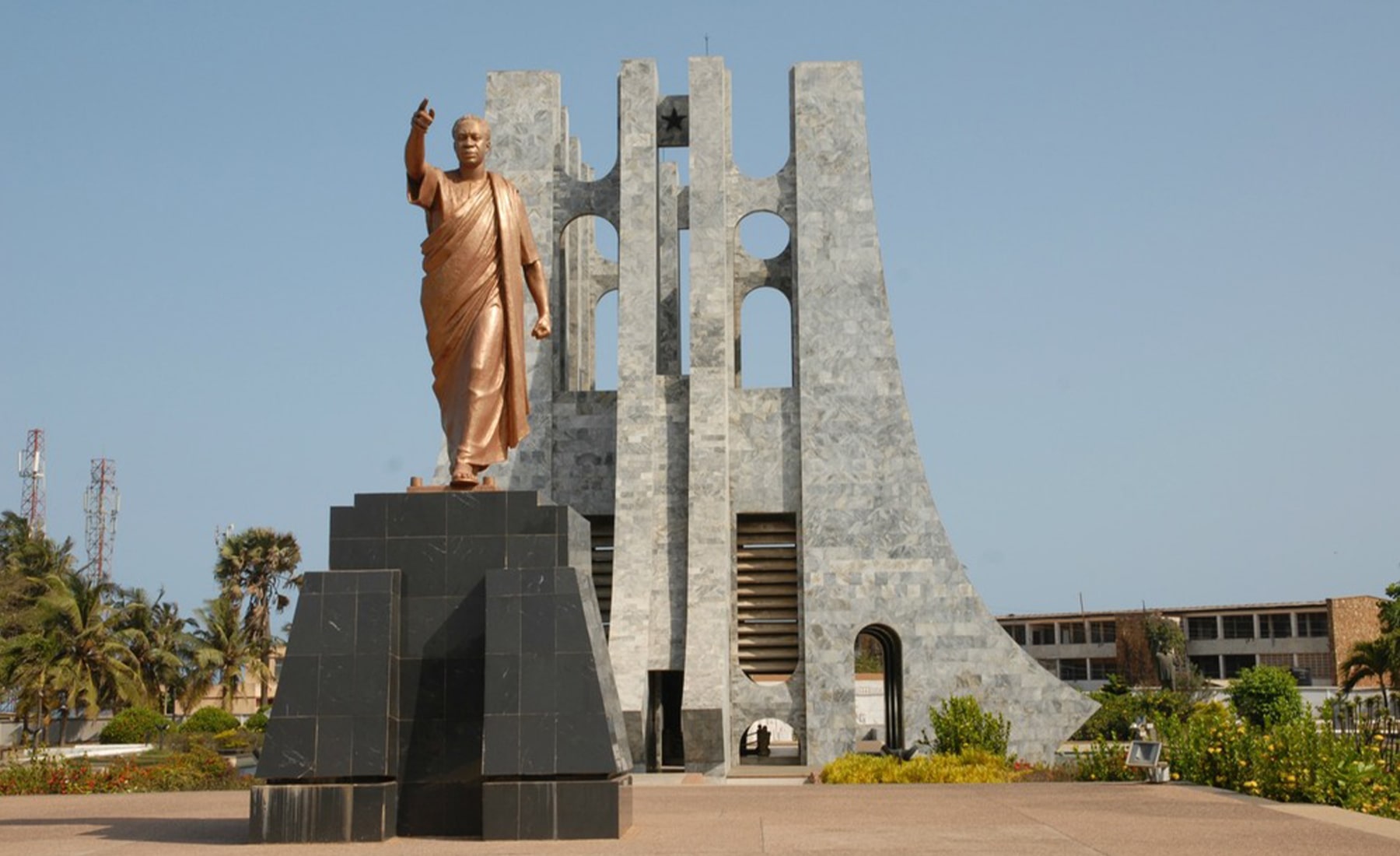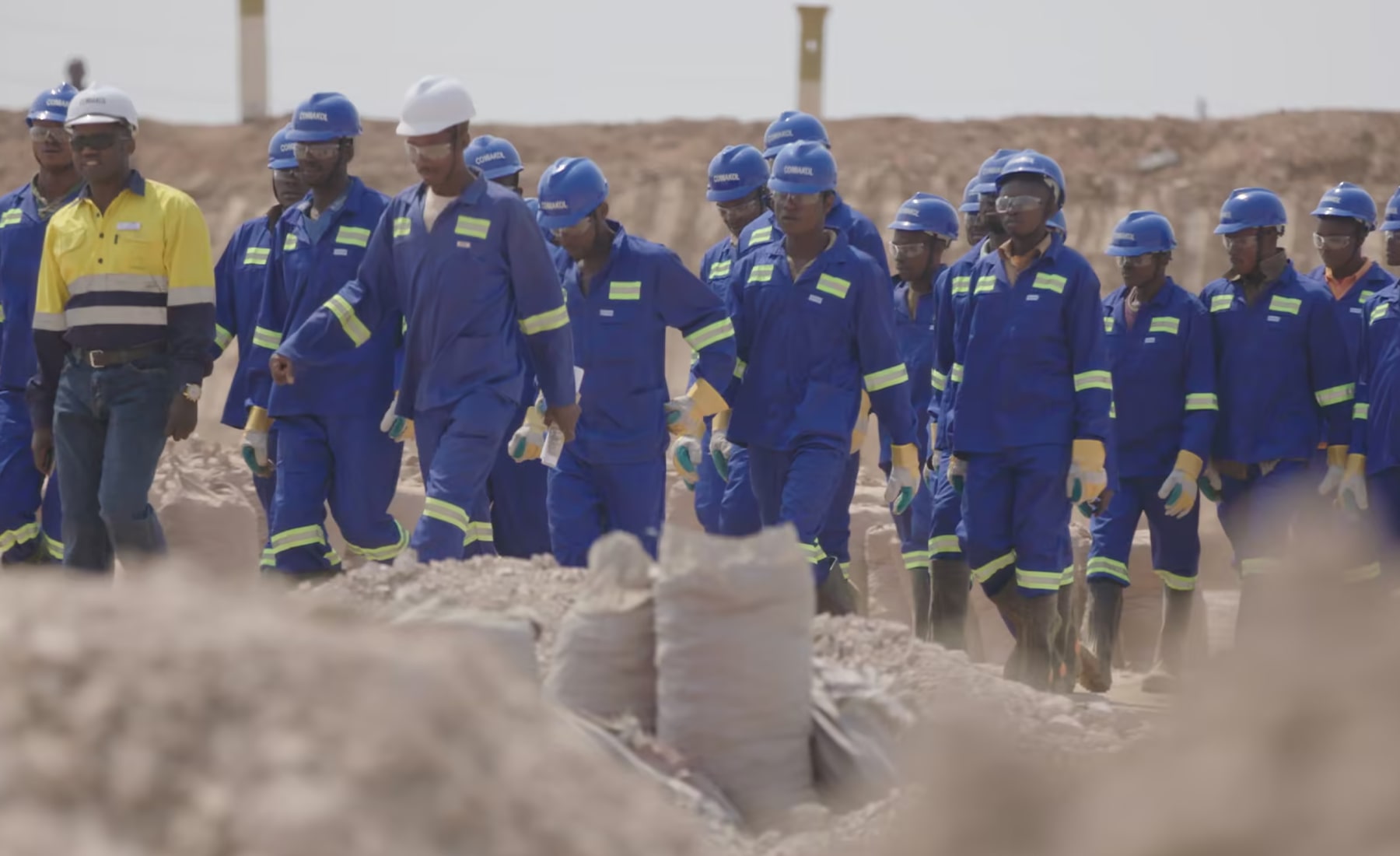
Small-scale gold mining: some reflections from Ghana
Andrew Britton, Kumi’s Managing Director, speaks about his visit to Ghana.
In late September 2015 I had the pleasure of presenting at the inaugural Africa-Dubai Precious Metals Forum held in Accra, Ghana, on the contributions that the gold mining industry can make to international development. Organised by the Dubai Multi Commodities Centre (DMCC), the Forum brought together gold producers and traders from across West Africa, gold refiners and traders from the Middle East and Europe, as well as industry regulators and trade bodies.
The challenges and opportunities with developing responsible gold supply chains in Africa featured prominently in discussions. There were three points that particularly stood out for me:
The collective impact of small-scale mining needs greater recognition
Small-scale miners in Ghana collectively produced around 1.4 million ounces of gold in 2014, which is substantially more than any of the large commercial mining operations located in the country produced that year. Small-scale mining accounts for around a third of total gold production in Ghana, which is one of the top 10 gold producing countries globally and Africa’s second largest gold producer after South Africa.
Toni Aubynn, the CEO of the Ghana Minerals Commission, argues that given this volume of production small-scale miners deserve to be considered as an integral part of the gold mining industry rather than just seen as a problematic challenge on the fringes of the industry. This is an important point that has been recognised by, amongst others, the African Mining Vision and the extractives-focused report by Kofi Annan’s Africa Progress Panel. The latter highlighted that artisanal mining is one of Africa’s fastest growing industries and sources of employment, providing perhaps 8 million jobs for people who in turn support around 45 million dependents.
The miners may be individually small, but collectively they are significant and deserving of greater engagement from governments and the development community. Yet for many, small-scale mining remains in the ‘too difficult’ box.
A few weeks after returning from Ghana I met with a senior manager from one of the major aid agencies who told me that small scale mining wasn’t a priority. Despite the agency’s focus on economic growth, job creation and private sector development, I was told that it was a difficult internal ‘sell’ to top management who preferred the quick wins of engagement with large-scale extractives development programmes where they could easily see a role for the agency’s support and immediate benefits for host government coffers.
Terminology matters to small-scale miners
Artisanal and small-scale mining (ASM) is commonly used as a catch-all term to describe mining operations that are not large-scale industrial operations. It was argued at the conference that this is misleading, and in fact there is a significant difference between artisanal miners and small-scale miners:
- Artisanal miners were defined as individuals operating only with hand tools and who mine opportunistically (usually illegally).
- Small-scale miners were more formalised and operate a defined ‘concession’ area of up to 25 hectares, with a miner employing a number of workers, having some sort of staffing structure and often using some mechanisation. Small-scale miners are more likely to have a formal license (though there are many challenges with licensing).
The importance of this definition is that small-scale miners are already ‘formalised’ businesses. Granted, not all of them may be operating legally, but recognising the structures that are in place greatly facilitates integration into the formal economy and can change how they are perceived by regulators and potential business partners or investors.
Equally important is recognising that artisanal miners are often highly vulnerable individuals in need of support – but the nature of support that should be provided to individuals is not the same as that needed by businesses. For example, efforts to improve the licensing of small-scale miners, whilst clearly very important, are not necessarily going to improve the prospects for an individual who works as an artisanal miner in order to generate some cash income to supplement subsistence farming and enable, say, school fees to be paid. Lumping artisanal and small-scale miners together is not always helpful for developmental decision-making.
The gold market is currently working against progressive supply chain due diligence schemes
The social and environmental challenges associated with small-scale and artisanal mining are well known. Just a few months before this conference, for example, the NGO Human Rights Watch published a report on child labour in Ghana’s gold industry. In some other African countries, proceeds from artisanal and small-scale mining are appropriated by armed groups, fuelling conflict and human rights abuses.
To support industry in addressing these challenges, the OECD has developed due diligence guidance on responsible mineral sourcing. Initially focused on breaking the link between the production of certain minerals (including gold) and conflict in the Democratic Republic of Congo, the OECD’s guidance is increasingly seen as de-facto good practice for precious metals supply chain due diligence and management.
The requirements of the OECD guidance are integrated into compliance requirements of various key gold markets, including the London Bullion Market Association and Dubai Multi Commodities Centre requirements for associated gold refiners. Significantly, the China Chamber of Commerce of Metals, Minerals and Chemicals Importers and Exporters (CCCMC) is currently implementing its own compliance scheme based on the OECD guidance. Whilst it is still relatively early days, the adoption by key gold markets of the OECD due diligence requirements provides a powerful framework for incentivising action to address at least some of the key social challenges in the gold value chain. Gold producers who wish to sell to these markets need to be prepared to comply with their standards and expectations.
However, not all gold markets currently require compliance with the OECD due diligence requirements, with the Indian gold market being a notable exception. Furthermore, due to an import duty differential, Indian gold refiners are able to pay a premium for mined gold compared to those refiners in other markets. At the conference it was interesting to observe that despite the interest from European and Middle Eastern LBMA and DMCC accredited refiners in sourcing gold from Ghanaian producers, they were unable to compete with Indian refiners on price and therefore unable to access the Ghanaian market. Until this changes – either by market forces or by new regulations in India – the potential positive impacts of the OECD due diligence requirements will be constrained in Ghana and other countries with similar market dynamics.
A difficult – but worthwhile – development challenge
Whilst the challenges associated with small-scale gold mining are undoubtedly complex, I personally believe there is a lot more that industry, governments and the development community can and should do to professionalise and develop the industry in Ghana and other African countries. The potential socio-economic development benefits are huge and deserving of greater attention. The miners themselves are willing. In some areas, progress is being made. But more collaboration and partnership in the value chain is needed and, perhaps, a bit more positive thinking.

